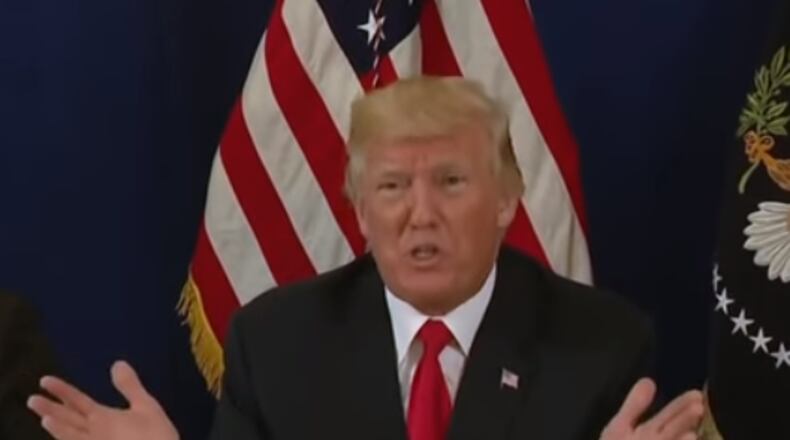Like similar cases dealing with efforts by Congress and prosecutors in New York City to subpoena the President's tax returns from his accounting firm, Mazar's, this decision extended a legal losing streak for Mr. Trump.
Two cases over subpoenas for the President's tax returns have already reached the U.S. Supreme Court - and this case involving Deutsche Bank and Capital One could follow as well.
There’s a lot to unpack here, but the reality of the matter is that this case raises much the same issues as the DC Mazars case , in which @realDonaldTrump is expected to file his #SCOTUS appeal by this Thursday (12/5).
— Steve Vladeck (@steve_vladeck) December 3, 2019
So another loss for Trump, but it’s all up to #SCOTUS now.
2nd Circuit rules against President Trump, finding House committee's "interests in pursuing their constitutional legislative function is a far more significant public interest than whatever public interest inheres in avoiding the risk of a Chief Executive’s distraction." https://t.co/2Uvdm1KLoJ
— Ann Marimow (@amarimow) December 3, 2019
Mr. Trump's legal fight over his tax returns could be reviewed by the Justices in coming days.
On November 25, the court temporarily delayed an order to Mazar's to abide by a subpoena from Congress for the President's tax returns.
The Justices must decide whether to hear the case, or allowing the lower court order to go into effect.
About the Author
